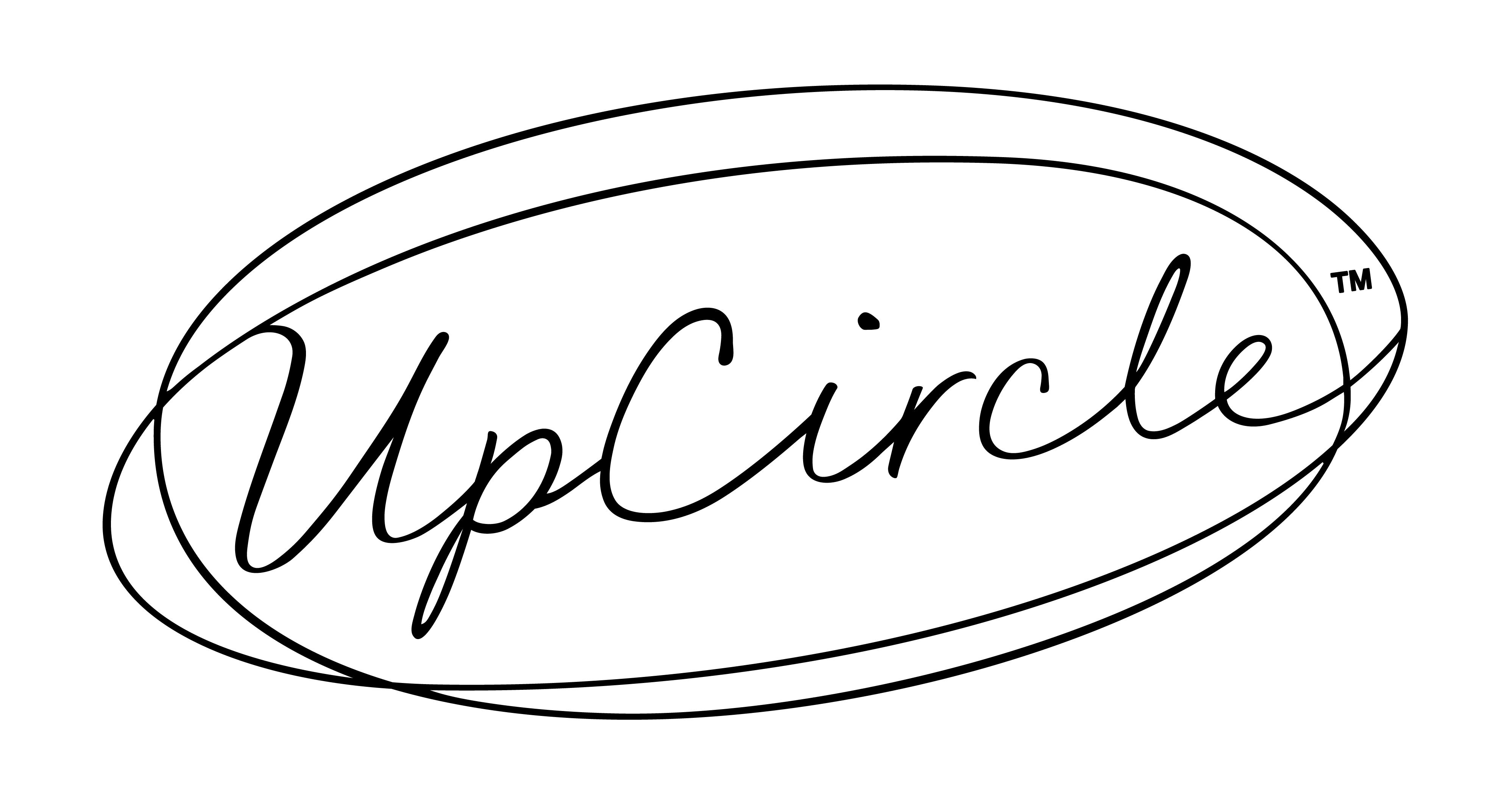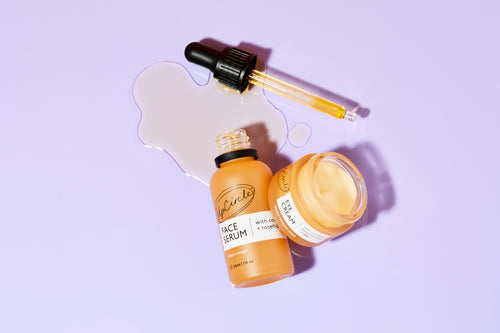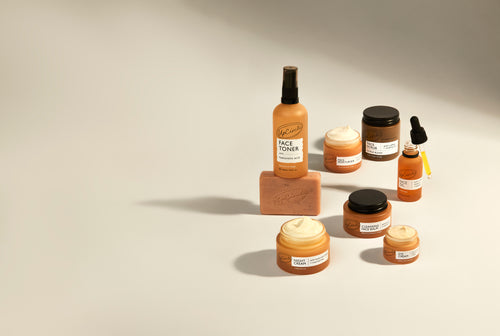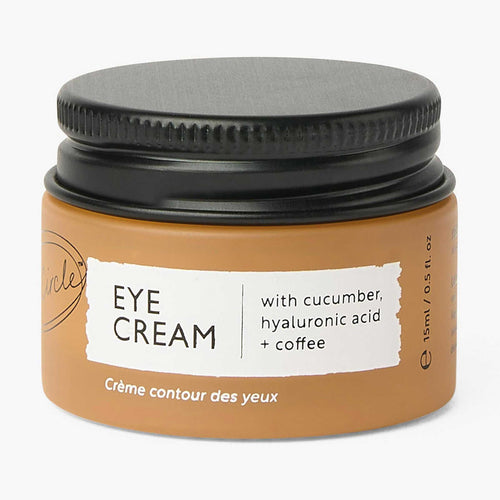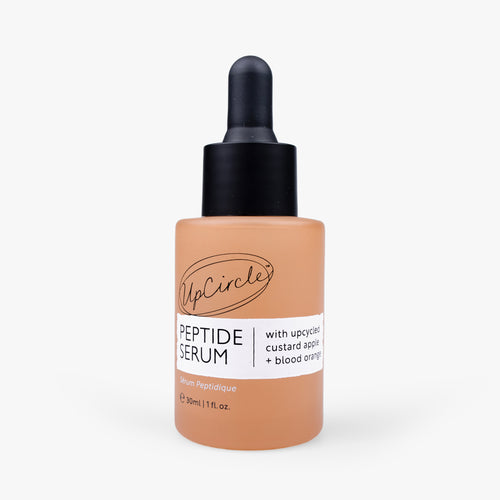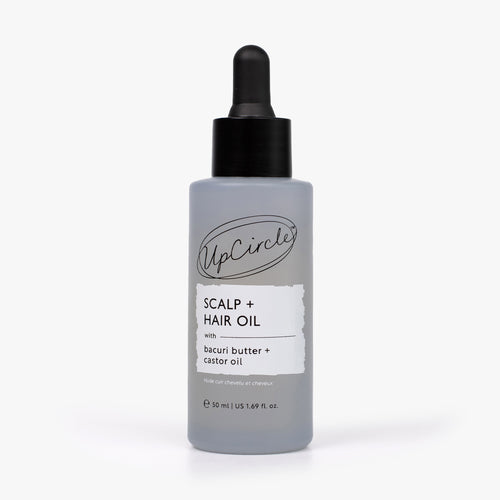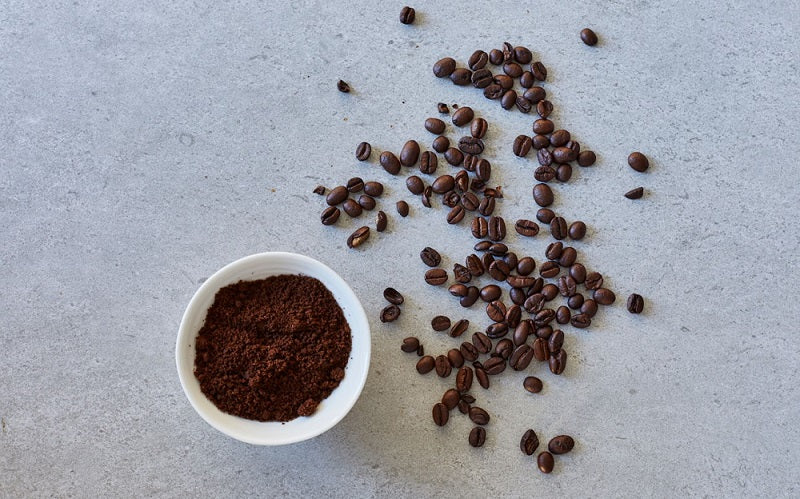How Used Coffee Became Gold Dust
The year is 2049. A young scamp by the name of Dusty McGee steps off a train having just paid five-thousand pounds for an off-peak saver to West Dulwich. He looks around, the sense of excitement palatable in his youthful eyes. Eagerly he bounds downs the steps, pausing only to catch his breath.
“It true what they say?” he half-bellows towards a young lady pushing a cat in a hoverbuggy.
“Pardon darling?”
“Is it true what they say, ma’am? Are the streets of London really paved with... coffee!?”
Coffee waste in the UK
Every year 500,000 tonnes of waste coffee grounds are produced in the UK alone. For comparison that’s nearly one hundred and seventy thousand moderately sized elephants, forty thousand double-decker buses or ten Titanics (before they sunk). Unfortunately, the majority ends up straight in landfill, simply sitting there while it ever so slowly decomposes. Not only does it all look rather unsightly, it’s pretty terrible for the environment too.
It goes without saying then, that the less coffee we waste the better. Fortunately, a number of clever companies have realised the great potential in leftover grounds, using them in an almost endless number of ways to help save the planet and their customers. Here at UpCircle, we’re fully on board with that message, and in the spirit of innovation, have lovingly compiled a list of a few of our favourites to date.

Adding a buzz to the morning commute
We can’t vouch for ourselves, but some people apparently don’t particularly like coming into work first thing in the morning. However, the knowledge of a freshly brewed coffee is often motivation enough to start that ritual commute - an oasis in the sweaty journey to come. Little do they know that the bus they sit on could well be powered by the grounds of yesterday’s pick-me-up; with the start-up bio-bean exploring how coffee oil can be used as fuel for London's famous red buses.
Blended with other fats and oils, coffee oil is used to create a biofuel capable of matching traditional petrol and diesel - all without digging up our precious environment. Currently, they’ve produced six thousand litres of the stuff, capable of powering a bus for a year. Hopefully, the project will be a success and before long the capital will be running clean, green and full of beans.
Burn baby burn
“Coffee logs” may sound like a semi-delicious snack food, however, they’re actually another brainchild of bio-bean. In reality, each log is made from the compressed grounds of twenty-five cups of coffee and acts as an excellent alternative to wood for use in stoves and fires to heat your home. Because coffee is such a great source of energy - containing twenty percent more than the equivalent amount of wood - it burns hotter and for longer. We just enjoy the idea heating up a steaming latte with, well, a steaming latte.
Coff-ink
Yes, that’s right, apparently coffee grounds can be turned from dregs into dapper designs; all thanks to California fashionistas Domestic stencilworks. Using coffee leftovers as a base for their richly coloured (and long-lasting) inks, the west-coast schemers have created an ingenious screen-printing studio, producing a whole range of stylish tees and custom prints. Shipping might be a tad pricey if you live in the UK, but, as they say, good taste is priceless.
The circle of life
What’s better than a coffee cup? The answer, a coffee-coffee cup, obviously. Luckily the madcap German schemers Kaffeeform are way ahead of you, inventing a range of cups made from resin, wood particles and repurposed coffee grounds. Not only are these cups sustainable, washable and slightly coffee scented, they also look as cool as you’d expect from Deutch designers; incorporating gorgeous flecked gold and brown highlights with practical ergonomics.
If you want to go a step further, swing by the UK enterprise Re-worked, an ambitious project that explores the use of coffee ground composites as design materials. Previous collaborations have resulted in finished items as small as jewellery and as large as entire tables. Talk about the circular economy indeed!
Beauty is truth, truth is coffee
Okay, we might be a little biased, but we believe that UpCircle's range of Coffee Scrubs are frankly a work of unsurpassed genius. Collected from small-scale local businesses, using organic beans, they’re sustainable plus fantastic at exfoliating and rejuvenating all kinds of skin types. Because all the ingredients are natural (even the delightful scents) and cruelty-free, their impact isn’t just limited to the prevention of landfill - they provide a wider social value as well. We also use the oil extracted from our collected coffee grounds in our Organic Face Oil.
No matter how the grounds are used, the important part is that they’re contributing to an increasingly positive and ecologically conscious attitude in the wider community. Of course, this is just the tip of the iceberg when it comes to the possibilities recycling waste coffee presents. The streets of London may not be paved with it just yet, but one thing’s for sure. The future is bright, and it smells like an espresso.

At UpCircle, we quite like coffee. What we don’t like, is waste. That’s why we have made it our mission to reduce as much waste as possible. By upcycling and repurposing unloved byproducts, like coffee grounds, we can make luxurious vegan skincare products that not only help your skin but also help the environment too. Find out more today by exploring our skincare range.
